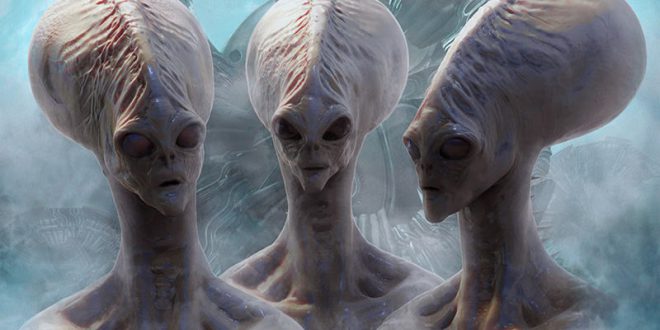Are humans alone in the universe? That is a question most of us have asked ourselves, and its answer could result in us feeling rather optimistic or extremely pessimistic.
Although this question seems like one that will always remain a mystery, it hasn’t stopped scientists from trying to figure it out. And they do this using the famous Drake equation, which is a way to estimate the number of active extraterrestrial civilizations in the universe.
“The question of whether advanced civilizations exist elsewhere in the universe has always been vexed with three large uncertainties in the Drake equation,” said University of Rochester astronomer and study coauthor Adam Frank in a statement. “We’ve known for a long time approximately how many stars exist. We didn’t know how many of those stars had planets that could potentially harbor life, how often life might evolve and lead to intelligent beings, and how long any civilizations might last before becoming extinct.”
Estimates derived by projects running under NASA’s Kepler satellite and a few other instruments suggest the 2 x 10^22 stars in the universe, 20 percent have planets that reside in habitable zones that have temperatures, atmospheres, and other traits that could support life. So that takes care of one uncertainty.
That leaves two other questions:
1) How often would life evolve? 2) How long could those civilizations survive for?
That last one is a particularly tough question to answer, since we can only really work off the history of human civilization — and we haven’t died off yet.
That’s where the notion of pessimism and optimism arise. Frank and Sullivan write that their method requires only establishing how low the probability that humans are the only intelligent species to have ever evolved is. They call this the pessimism line. “If the actual probability is greater than the pessimism line,” said Frank, “then a technological species and civilization has likely happened before.”
Using current SETI and exoplanet data, Frank and Sullivan ended up calculating this number at one in 10 billion trillion. That’s incredibly small — which means the odds that another intelligent species has evolved are very, very good.
“Think of it this way,” said Frank. “Before our result you’d be considered a pessimist if you imagined the probability of evolving a civilization on a habitable planet were, say, one in a trillion. But even that guess, one chance in a trillion, implies that what has happened here on Earth with humanity has in fact happened about a 10 billion other times over cosmic history!”
The researchers emphasize that this revised interpretation of the Drake equation accounts for the entire 13.78 billion year history of the universe — while the original localizes the odds of finding E.T. to the present day.
That being said, optimism for finding alien life has never been higher. After all, three famous names just started a multi-million dollar project to look for aliens in Alpha Centauri — the closest star system to the Earth — and some prominent scientists think there’s a good chance we’ll find something special. There’s certainly never been a time to be an E.T. optimist.
Agencies/Canadajournal

 Canada Journal – News of the World Articles and videos to bring you the biggest Canadian news stories from across the country every day
Canada Journal – News of the World Articles and videos to bring you the biggest Canadian news stories from across the country every day

